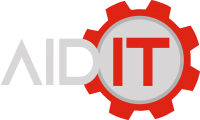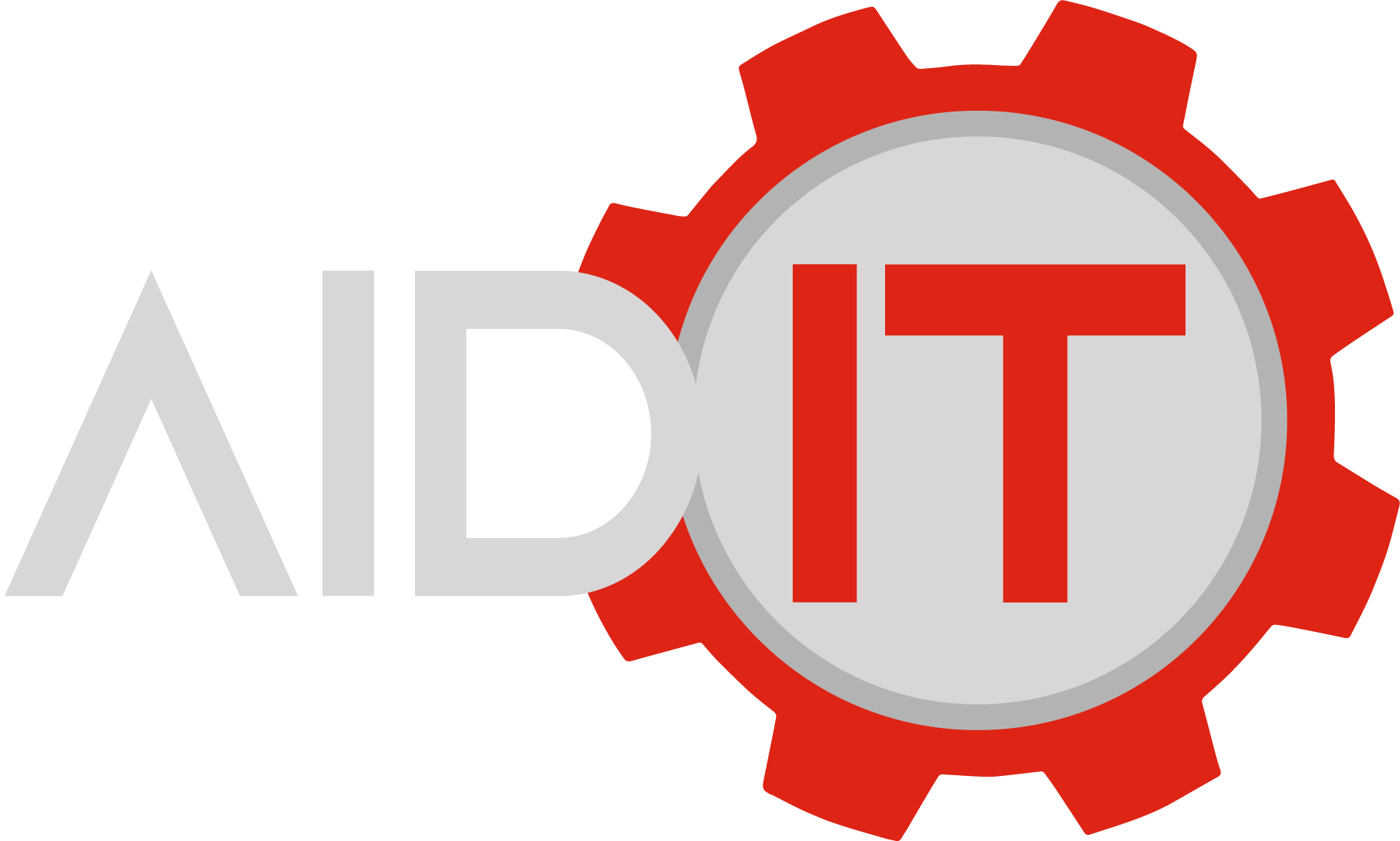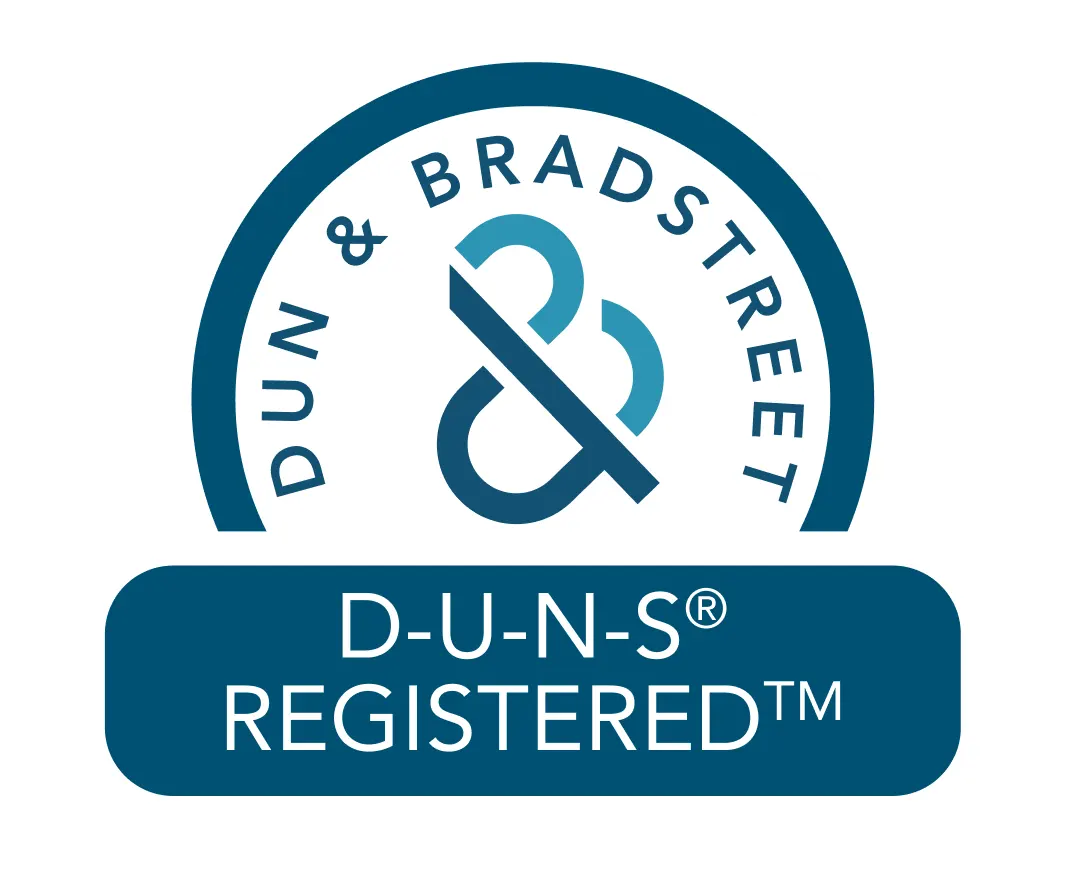Computers can slow down over time due to a combination of hardware and software factors. Here are some of the key reasons why this slowdown occurs:
- Software Bloat and Updates: As you install and use more software over time, your computer’s operating system and applications can accumulate unnecessary files, data, and updates. This can lead to increased resource usage and slower performance.
- Fragmented Hard Drive or SSD: Over time, files on your hard drive or solid-state drive (SSD) can become fragmented, meaning they are stored in non-contiguous blocks. This can lead to slower read and write speeds, affecting overall system performance.
- Background Processes and Startup Items: Many applications run in the background or start up automatically when you boot your computer. These processes consume system resources and can slow down your computer’s responsiveness.
- Insufficient Hardware Resources: As software becomes more complex and demanding, older hardware may struggle to keep up. Insufficient RAM (memory), an outdated CPU (central processing unit), or a lack of free storage space can all contribute to performance degradation.
- Malware and Viruses: Malicious software can infect your computer, causing it to slow down as the malware consumes system resources and interferes with normal operations. Aid IT can assist in removing any malware.
- Outdated Drivers: Drivers are software that allow your operating system to communicate with hardware components. Outdated or incompatible drivers can lead to performance issues.
- Heating and Dust: Over time, dust can accumulate inside your computer’s case, leading to overheating. Excessive heat can cause components to throttle their performance to prevent damage.
- Aging Hardware: As hardware components age, they can become less efficient and reliable, leading to decreased performance.
- Registry Issues: On Windows systems, an overloaded or corrupted Windows Registry can impact system performance.
- Too Many Browser Tabs and Extensions: Web browsers, especially when filled with numerous open tabs and extensions, can consume a significant amount of memory and slow down your computer.
- Lack of Maintenance: Regular computer maintenance, such as disk cleanup, defragmentation (for traditional hard drives), and software updates, can help prevent slowdowns.
- Running Outdated Software: Running older versions of software can lead to compatibility issues and performance bottlenecks.
To mitigate slowdowns, consider practices like regularly cleaning up your hard drive, tune-ups, managing startup items, keeping your software updated, and periodically checking for malware. If your computer’s performance is consistently slow and these measures don’t help, it might be worth considering hardware upgrades or, in some cases, purchasing a new computer.




